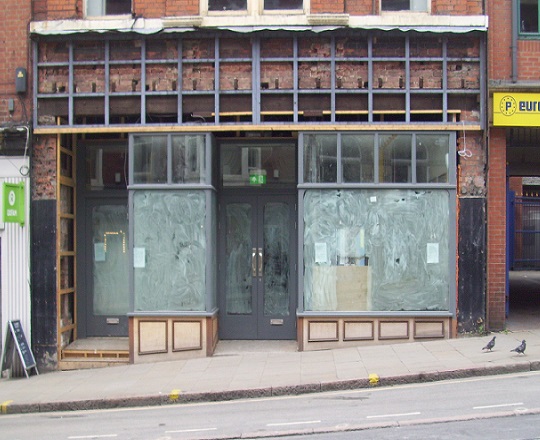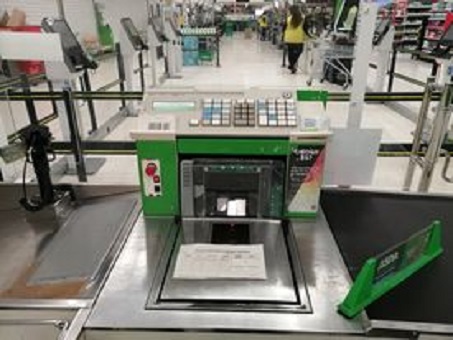Being replaced by online

High Street footfall remains 50% down on this time last year.
The opening of pubs and restaurants seems to have had little effect on retail businesses, which will not benefit from the VAT cut which applies to the hospitality industry.
John Lewis and Boots have announced over 5,000 job losses. 25,000 jobs have been lost at retailers going into administration and a further 15,000 lost at retailers that remain in business., Over 30,000 more jobs are at serious risk. And that’s just in retail.
That’s a lot of people facing financial hardship or even ruin. The knock on effect of less people with money to spend will add to the difficulty of recovery.
More than three quarters of a million businesses were forced to close during lockdown. Only just over 40% have reopened fully, with many opening for shorter hours.
Online sales still account for 30% of all retail sales. That’s adding to the problems faced by shops, but may pave the way for a different sort of recovery.
85,000 new online businesses were launched during the lockdown period. 8,500 of these were in the fashion sector, and 7,000 in manufacturing. The largest numbers of new online businesses were in the South West with over 4,000 new online businesses, followed by Yorkshire and Humberside (3,300) and the East Midlands (3,100). Scotland (2,300) had the smallest number of new online businesses launched.
In addition, many “bricks and mortar” retailers are taking their online sales seriously for the first time.
Analysis by Microsoft reveals that around 45% of users have been visiting websites that they had not used before. They conclude that there is a reduction in brand loyalty, and the customers are getting used to the idea of shopping online with companies that they had not heard of before.
Online is set for further growth, but it’s not a magic solution to the problems of the retail sector

